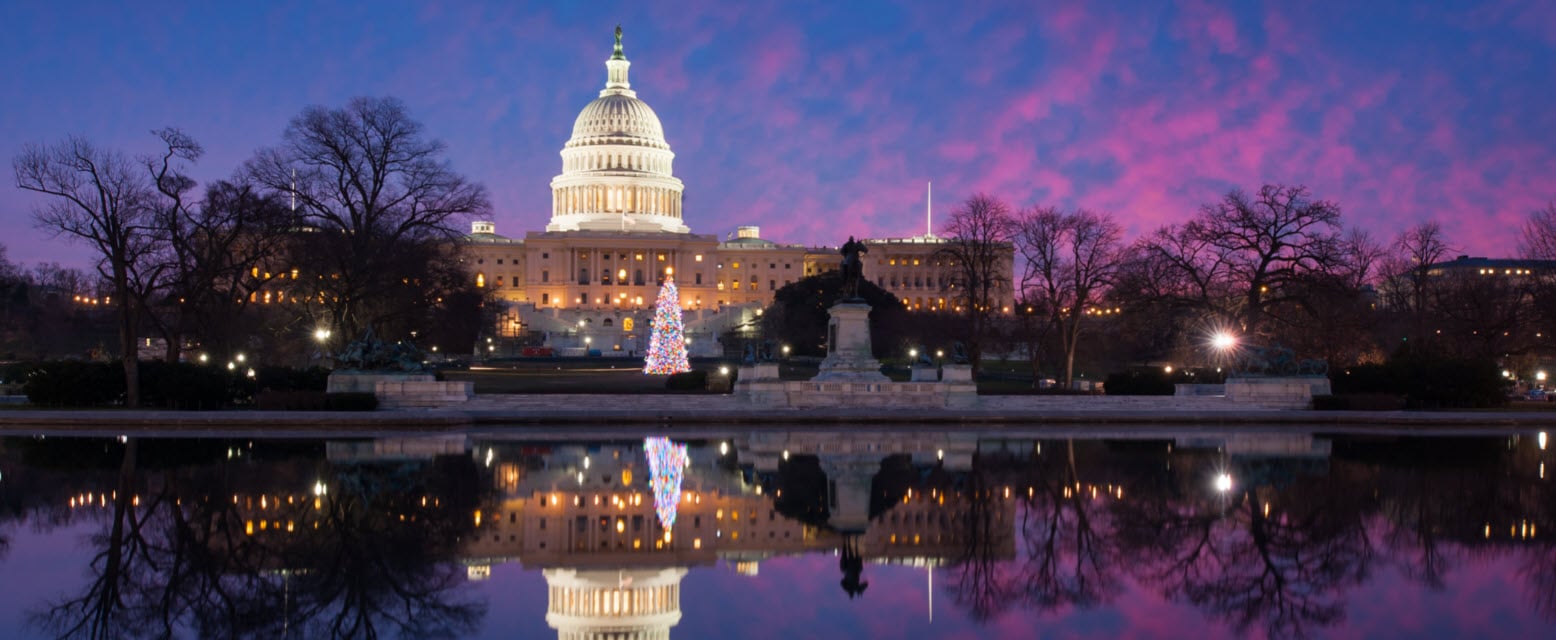On June 30, 2022, the US Department of Commerce’s Bureau of Industry and Security (“BIS”) announced four key policy changes to strengthen the administrative enforcement program and tackle external threats. These policy changes prioritize the “most serious violations” and cases that pose the greatest danger to US security.
The four policy changes made to the BIS’s Administrative Enforcement Program include:
Imposition of Significantly Higher Penalties
The most serious administrative violations will trigger more stringent penalties to deter future bad actors and level the playing field. BIS is expected to update aggravating and mitigating factors in the existing settlement guidelines to address this policy change and ensure the guidelines are more uniformly applied.
Using Non-Monetary Resolutions for Less Serious Violations
Violators whose breaches do not pose “serious national security harm” but exceed a warning letter or no-action letter, will be offered non-monetary settlement agreement resolutions to rectify the violation in return for violators accepting responsibility, admitting to the conduct, and committing to enhanced compliance measures.
Elimination of “No Admit, No Deny” Settlements
Violators will no longer be able to settle allegations against them without having to admit to the underlying factual conduct. However, admission will grant the resolving party a reduced penalty. This policy change is another effort to promote transparency and accountability among all relevant parties.
Dual-Track Processing of Voluntary Self-Disclosures (“VSDs”)
VSDs involving minor or technical infractions will be resolved on a “fast-track” with a warning letter or no-action letter within 60 days of receipt of a final submission. Conversely, VSDs that indicate potentially more serious violations will be assigned to both a field agent and an Office of Chief Counsel attorney for an in-depth investigation. The Department of Justice’s Counterintelligence and Export Controls Section will assign an attorney as well in the most serious cases.





